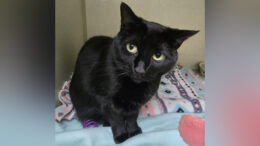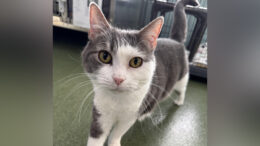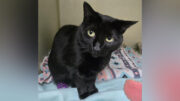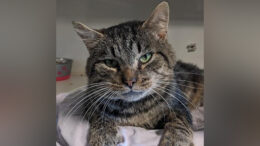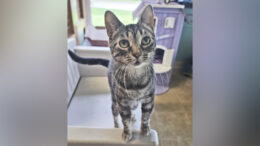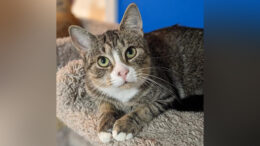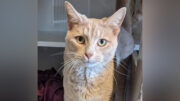HARRISBURG, Pa. (AP) – Democratic Gov. Tom Wolf’s pursuit of a major election-year tax increase has decades of precedent against it: No such tax increase has passed the Pennsylvania Legislature in an election year since at least 1970.
Still, with the general election eight months away, and schools warning that they may close amid historic partisan budget gridlock, Wolf is trying to do just that. He is asking perhaps Pennsylvania’s most conservative Legislature in modern history to pass a $2.7 billion tax hike that amounts to almost 10 percent of last year’s total operating budget spending.
Many inside the Capitol suggest an election-year tax increase is about as likely as catching Bigfoot or a Philadelphia Phillies World Series victory this October, and even less so before the April 26 primary election.
“I would characterize it as a glimmer of hope after the primary that reasonable minds may prevail,” said Rep. Nick Kotik, D-Allegheny.
For now, Wolf’s rejection of spending bills from the Republican-controlled Legislature has left billions of dollars in limbo and the state operating on a $23.4 billion budget, nearly $6 billion less than last year. The state is spending money on prisons and Medicaid that is beyond its statutory authority, Penn State has threatened to shut down agricultural extension offices and public schools are borrowing to stay open.
A credit ratings hit to the state’s loan guarantee program for cash-strapped school districts has raised doubts, now, about whether every school will be able to borrow its way through the budget fight, or whether Pennsylvania state government’s gridlock will cross a new frontier and force a school district to shut down.
“The politics of not letting the other side get a win is where this started,” said Sen. John Yudichak, D-Luzerne. “The governor had his line in the sand, the Republicans had their line in the sand and nobody thought it would get to this point, and it has.”
This reality may be harshest in Aliquippa, a small mill town outside Pittsburgh that is among Pennsylvania’s poorest school districts.
The acting superintendent, David Wytiaz, said the district can make three more payrolls and then will run out of money May 1. It has $2 million in unpaid bills, a $1.1 million installment payment due on a construction bond in June and, Wytiaz said, no bank willing to lend to it.
“The banks won’t even talk to us” now that the state’s loan guarantee program lost its value, Wytiaz said.
Going into the fiscal year, Wolf had sought a multibillion-dollar tax increase. His aim was to resolve a long-term deficit that has damaged Pennsylvania’s credit rating and to funnel more money to public schools to begin wiping out 2011’s budget-balancing funding cuts that had substantially widened the funding disparity between wealthy and poor school districts.
A bipartisan agreement last November that would have achieved some of what Wolf wanted, but it collapsed after House GOP leaders pulled their support.
Now, top Republican lawmakers have not committed to increasing taxes to resolve next year’s approximately $2 billion deficit, and they have not explained how they plan to address it.
On Thursday, Republicans put a $6 billion, no-new-taxes spending bill on Wolf’s desk in an effort, they said, to keep schools open and settle the current fiscal year’s finances before addressing next year’s projected deficit. It authorizes about $800 million less in spending than the bipartisan agreement, and Wolf said he plans to veto it. That would make it the fourth such full or partial veto of a Republican spending plan in nine months.
Republicans may then press to override the veto and, with schools in dire straits, enough Democrats may cooperate to provide the necessary two-thirds majority and deliver a damaging political blow to Wolf.
Even so, that would not fix the deficit.
A major tax increase has never resulted in an electoral calamity for lawmakers, said G. Terry Madonna, a pollster and political science professor at Franklin and Marshall College in Lancaster.
Still, Madonna and others suggested that Wolf may have to abandon the cornerstone of his tax package – an 11 percent increase in the personal income tax – in favor of increasing more targeted, niche taxes that theoretically will be noticed by fewer voters.
In any case, continuing gridlock may be worse than a tax increase.
“Not getting anything done,” Yudichak said, “is unacceptable and unforgiving in the eyes of the voters.”


